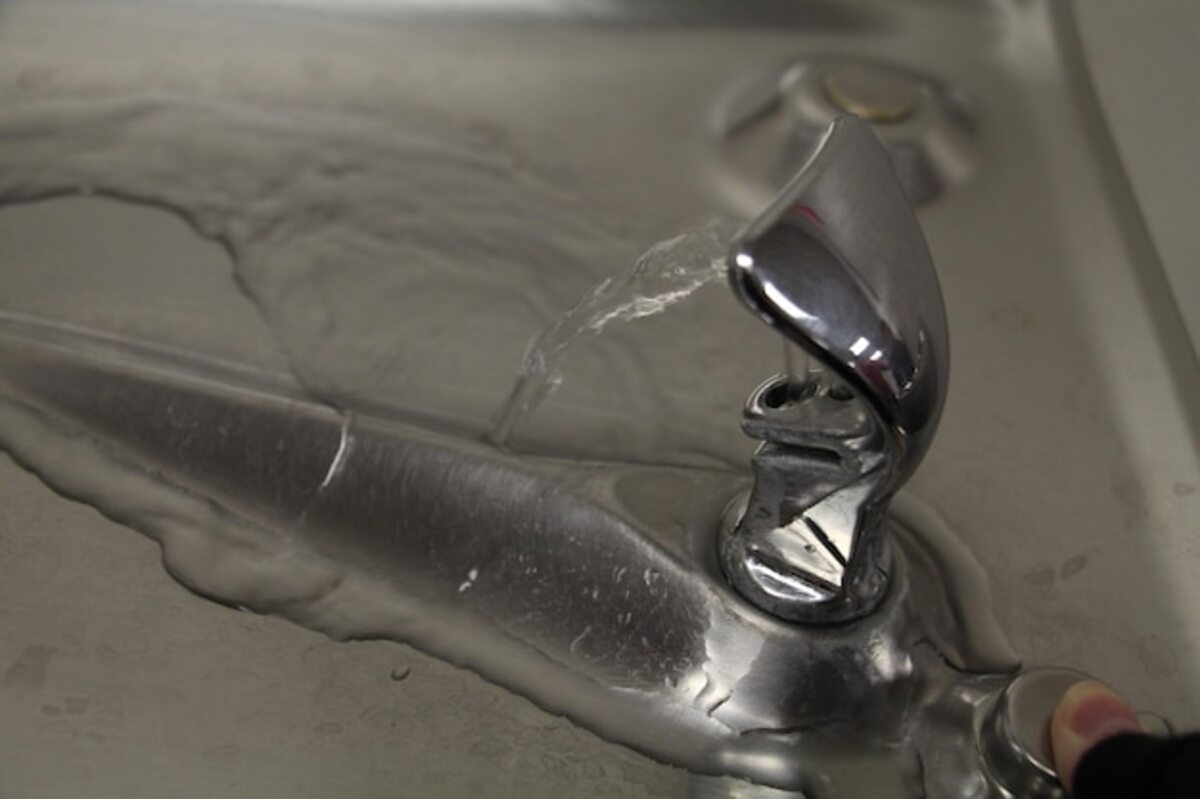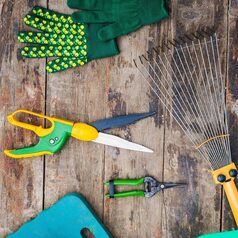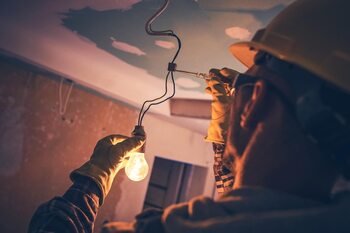Strategies to keep your plumbing systems in optimal condition

Keeping your plumbing systems in optimal condition not only prevents costly repairs but also ensures a more efficient and healthy home. In this article, you will discover practical and effective strategies to care for every corner of your hydraulic system. From simple checks to tips for detecting problems before they worsen, these recommendations will help you prolong the lifespan of your installations and enjoy a home without unwanted surprises. Let's get started!
1. Importance of regular maintenance in plumbing
Regular plumbing maintenance is vital to ensure the proper functioning of hydraulic systems in any home. Often, the most serious problems arise from small oversights that accumulate over time. Performing periodic checks allows for the detection of leaks, blockages, or wear before they become costly and difficult-to-repair issues. Furthermore, proper maintenance ensures that all components, from faucets to pipes, operate efficiently, resulting in optimal water usage and a reduction in monthly bills.
Another reason why it is crucial to carry out regular maintenance is the health and safety of those living in the home. Leaks not only pose a structural problem; they can also lead to mold and harmful bacteria that affect indoor air quality. By keeping your plumbing systems in check, you not only protect your investment but also create a safe and healthy environment for your family. Incorporating simple habits like regularly checking connections and cleaning drains can make a significant difference in the longevity and effectiveness of your plumbing installations.
2. Warning signs: When to call a professional?
When it comes to plumbing, it is essential to know when it is the right time to intervene and when it is better to leave it to a professional. Some warning signs are obvious, such as visible leaks or the presence of mold on walls or ceilings. However, there are other more subtle symptoms that may indicate underlying problems, such as changes in water pressure, strange noises coming from the pipes, or slow drains. Ignoring these signs can lead to greater damage and costly repairs, so it is crucial to maintain constant vigilance over the condition of your plumbing systems. Another important sign to consider is the unexpected increase in your water bill. If you notice a rise for no apparent reason, it could indicate a hidden leak that needs immediate attention. It is also worth paying attention to unusual odors coming from the drains, as they may signal clogs or more serious issues in your plumbing system. In any of these cases, do not hesitate to contact a professional for a detailed assessment and to avoid future complications. Remember that acting quickly can save you time and money in the long run.
3. Basic tools for plumbing maintenance
To carry out effective maintenance of your plumbing systems, it is essential to have a basic set of tools that allows you to perform small repairs and periodic checks. Among the essential tools are adjustable wrenches, which are ideal for tightening or loosening nuts and faucets; the screwdriver, which will help you adjust the fittings in your system; and a pipe cutter, which will enable you to make precise cuts if you need to replace any section. Having these tools on hand not only makes the work easier but also gives you the confidence needed to tackle any minor issues before they become a bigger problem.
In addition to the mentioned tools, it is advisable to include some additional items in your maintenance kit. For example, a plumbing tape can be invaluable for sealing threaded connections and preventing unwanted leaks. A manual plunger is another useful tool, ideal for resolving minor clogs in drains without the need for harsh chemicals. Having rubber gloves is also essential to protect your hands while handling dirty parts or during more intensive work. Properly equipping yourself will not only facilitate regular maintenance but also prepare you for any plumbing-related eventuality in your home.
4. How to unclog pipes without chemicals
Unclogging pipes without resorting to chemical products is an effective and environmentally friendly option. One of the most common techniques is to use hot water, which can help dissolve grease and soap blockages. Simply boil a pot of water and slowly pour it down the drain, allowing the heat to act on the buildup on the walls of the pipes. This action can free minor clogs without damaging your plumbing infrastructure.
Another useful strategy is the combination of baking soda and vinegar. This method is not only natural but also provides a fizzy reaction that can dislodge clogs. Start by pouring half a cup of baking soda down the drain, followed by half a cup of vinegar. Cover the drain for a few minutes to allow the mixture to work on the blockage before rinsing with hot water. This technique is especially effective for removing organic residue and food scraps accumulated in your pipes, keeping them clean and functional without the need for harsh chemicals.
5. Leak prevention: effective sealants and techniques
Leak prevention is a crucial aspect of keeping plumbing systems in optimal condition. Using the appropriate sealants can make the difference between an efficient hydraulic system and one prone to leaks. There are various types of sealants, from Teflon tape to epoxy compounds, that can be applied to joints, threads, and connections. Make sure to choose the right sealant according to the type of material you are working with, whether it's PVC, metal, or rubber. The proper application of these products will not only prevent visible leaks but also protect surrounding surfaces from moisture damage.
In addition to sealants, implementing effective techniques for early leak detection is vital. Regularly inspecting areas where exposed pipes are located, such as basements and attics, can help you identify problems before they become major repairs. Installing water detection devices at critical points is another smart strategy; these devices alert you to any imminent leaks. Maintaining a regular routine of maintenance and inspection will allow your plumbing system to operate smoothly and contribute to a safer and more efficient home.
6. Seasonal maintenance: care of the system in different climates
Seasonal maintenance of your plumbing system is crucial to adapt to the climate variations that can affect its performance. In cold climates, it is essential to take preventive measures to avoid pipe freezing. Make sure to properly insulate exposed pipes and drain water from faucets and hoses before frost arrives. Additionally, check the water heaters, as their efficiency can decrease when temperatures drop suddenly. Performing these tasks not only prevents costly damage but also ensures a steady supply of hot water in winter.
In contrast, in warm and humid climates, it is important to pay attention to moisture buildup that can encourage the growth of mold or the deterioration of materials. Regularly inspect areas where pipes and drains are located for leaks or signs of excessive moisture. Periodic cleaning of the drains is also essential to avoid blockages caused by organic waste or sediments. A proactive approach during each season will not only keep your plumbing systems in optimal condition but will also contribute to a safer and healthier home throughout the year.
7. Tips for saving water and energy with your hydraulic system
One of the most important aspects of maintaining your hydraulic system is efficiency in the use of water and energy. To achieve this, it is essential to install saving devices that regulate water flow, such as low-consumption faucets and showers. These elements will not only reduce your monthly bills but also minimize environmental impact by decreasing waste of this vital resource. Additionally, make sure to regularly check connections and joints to avoid leaks that could unnecessarily increase your consumption.
Another key piece of advice is to optimize water heating. Consider adjusting the heater temperature to a moderate level; this will not only help you save energy but also extend the lifespan of the appliance. Additionally, if you have the option, research solar heating systems or heat pumps, which are more sustainable and efficient alternatives. By implementing these simple measures in your home, you can enjoy a functional and environmentally responsible hydraulic system.



